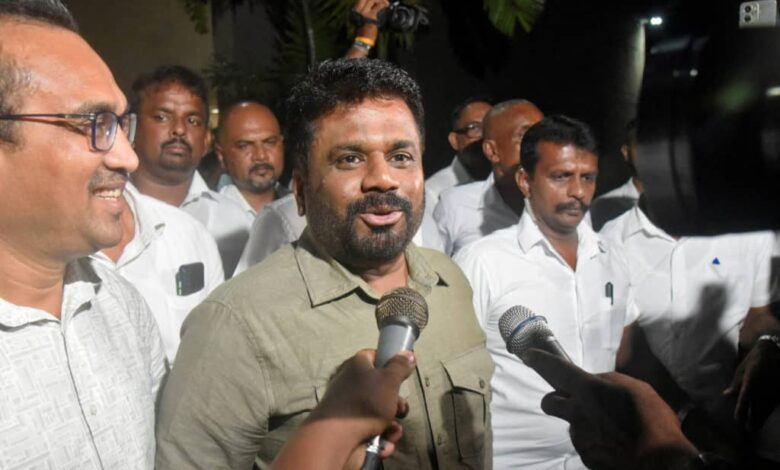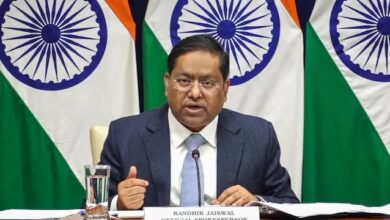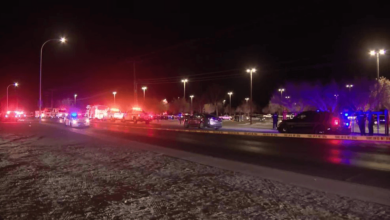
Sri Lanka’s election commission announced on Sunday that Anura Kumara Dissanayake, the leader of the People’s Liberation Front, will be the new president. His win comes at a time when the public has lost confidence in the government’s ability to deal with unprecedented financial challenges.
Dissanayaka garnered 42.31 % of the vote in Saturday’s election, while opposition leader Sajith Premadasa got 32.76%. Former President Ranil Wickremesinghe has not accepted defeat yet, though Minister of Foreign Affairs Ali Sabry accepted Dissanayaka’s victory and said, “The people of Sri Lanka have made their decision, and I respect their decision.”
The official administration will take place during the swearing-in ceremony on Monday in the President’s Secretariat in Colombo. The main theme was largely the economic significance of the campaign that drew public resentment to the pains experienced since the crisis erupted two years ago.
Although Dissanayaka dreams of altering the IMF deal, he has vowed never to scrap it. Measures can be cutting income taxes and sales taxes for necessities such as food and medicine.
At one point, it was restricted merely to a few branches, but through Dissanayaka’s leadership, the party has attracted the citizens by pledging to transform what he considers a corrupt political environment of the country. The election was witnessed by 17.1 million eligible voters of Sri Lanka, and the turnout was around 76 percent.
Dissanayaka is expected to balance between the two most influential neighbors- India and China and ensure that Sri Lankan soil will not be used against any country. However, during his tenure, considerable cuts in expenditure resulted in increased poverty.
After the elections, voting was accompanied by a temporary curfew. However, there were no shootings, and any kind of victory or rejoicing was allowed only a week after the official announcement of the final results.



